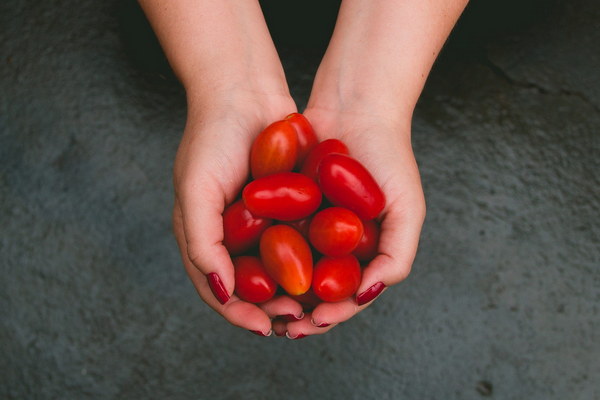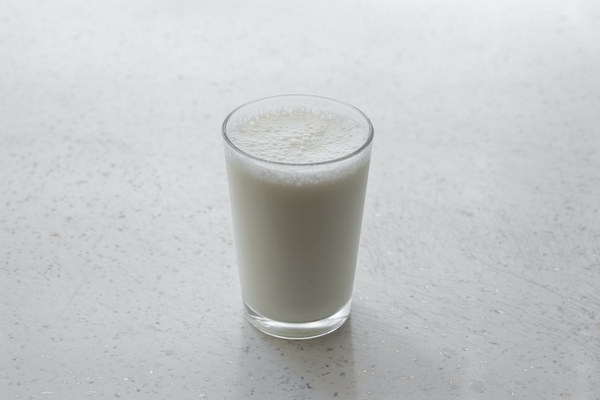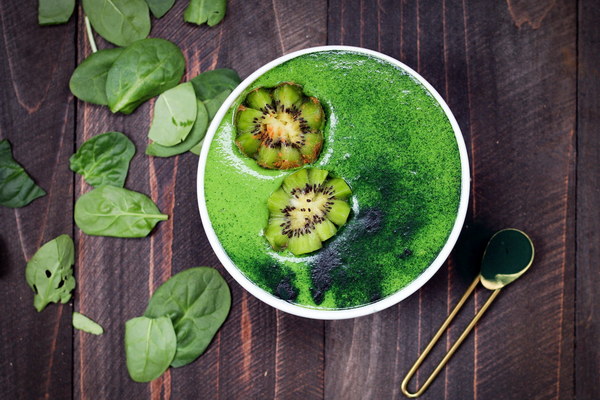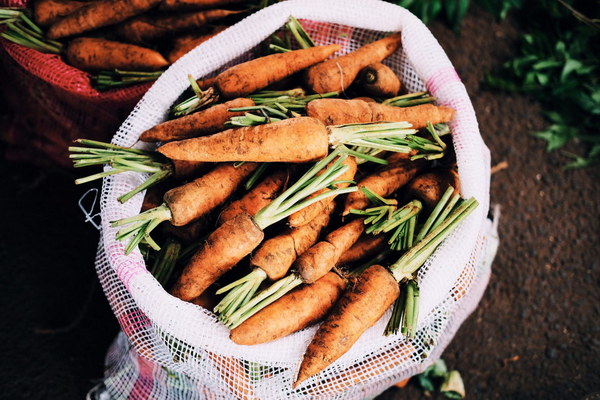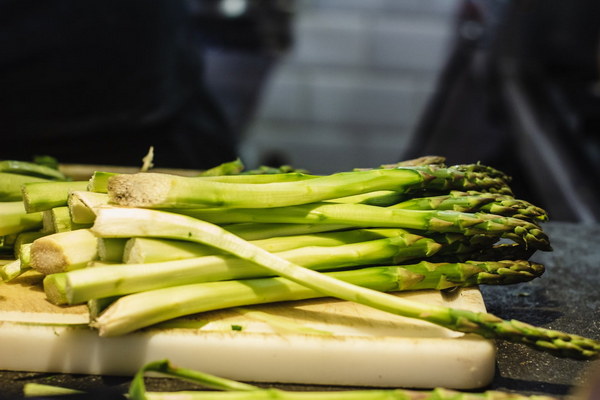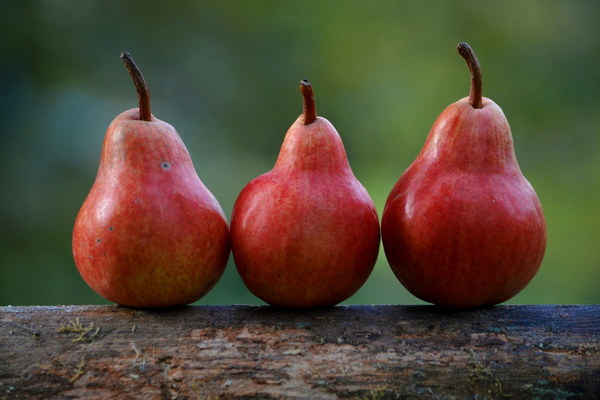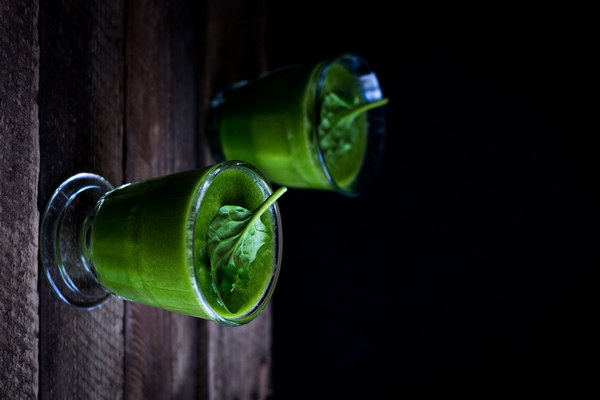Unveiling the Secrets of Guilin's Traditional Treatment for Dampness Poisoning
Nestled in the heart of China's Guangxi Zhuang Autonomous Region, Guilin has long been renowned for its breathtaking landscapes and unique cultural heritage. However, what many may not know is that this enchanting city also holds the secret to a time-honored traditional treatment for dampness poisoning, a common ailment affecting millions of people across the country.
Dampness poisoning, or Shi Hu in Chinese, refers to an imbalance of dampness in the body, which can manifest in various ways, such as fatigue, weight gain, and joint pain. Guilin's unique geographical and climatic conditions make it an ideal place to seek relief from this pesky problem. Here's a closer look at the secrets behind Guilin's traditional treatment for dampness poisoning.
1. Geographical Blessings
Guilin's terrain is characterized by its karst mountains, which have been shaped by the unique geological processes over millions of years. This has led to the formation of numerous natural springs and mineral-rich waters, which are believed to have therapeutic properties. The city's abundance of lush greenery and misty landscapes also contribute to the natural drainage of dampness from the body.
2. Herbs and Medicinal Plants
Guilin's traditional treatment for dampness poisoning heavily relies on the use of locally-sourced herbs and medicinal plants. These natural remedies have been passed down through generations and are known for their effectiveness in alleviating dampness-related symptoms. Some of the most commonly used herbs include:

- Atractylodes macrocephala (Bai Zhu): Known for its ability to drain dampness and boost the immune system.
- Poria cocos (Fu Ling): Used to improve digestion and eliminate dampness from the body.
- Alisma orientale (Ze Xie): Helps to regulate water balance and alleviate swelling and edema.
- Curcuma longa (Jiang Huang): Known for its anti-inflammatory properties and ability to eliminate dampness.
3. Acupuncture and Cupping
In addition to herbal remedies, Guilin's traditional treatment for dampness poisoning also involves acupuncture and cupping therapy. These practices are believed to stimulate the body's natural healing processes and improve circulation, thereby aiding in the elimination of dampness. Acupuncture points specific to dampness poisoning are targeted, while cupping is used to create suction on the skin, promoting blood flow and draining excess dampness.
4. Diet and Lifestyle
A balanced diet and healthy lifestyle are crucial components of Guilin's traditional treatment for dampness poisoning. Local cuisine, rich in natural flavors and nutrients, plays a significant role in this process. Some key dietary recommendations include:
- Consuming more warm, cooked foods and avoiding cold, raw, and damp foods.
- Incorporating plenty of ginger, garlic, and scallions into meals to help warm the body and eliminate dampness.
- Engaging in regular physical activity, such as walking, tai chi, or qigong, to improve circulation and boost the immune system.
5. Cultural Experience
Finally, immersing oneself in Guilin's rich cultural heritage can also contribute to the healing process. The city's stunning scenery, traditional music, and dance performances have a calming and rejuvenating effect on the mind and body. This holistic approach ensures that the treatment for dampness poisoning is not only effective but also enjoyable.
In conclusion, Guilin's traditional treatment for dampness poisoning offers a unique and effective solution to a common problem. By harnessing the natural resources and cultural heritage of this enchanting city, individuals can find relief from the discomforts of dampness poisoning and experience a holistic journey to well-being. So, the next time you find yourself battling dampness-related issues, consider a trip to Guilin, where the secrets of traditional healing await.

